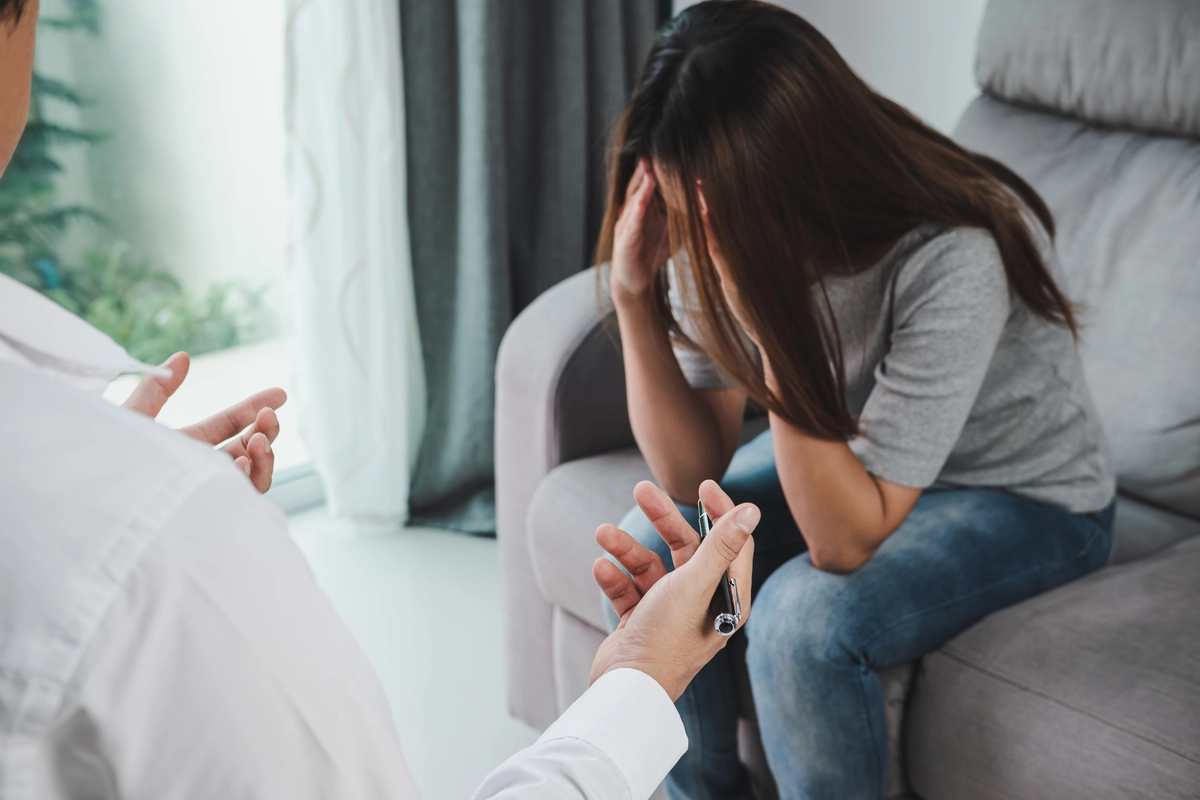is a growing facet of rehabilitation that has gained significant attention in recent years. These rehab centers cater specifically to individuals suffering from Post-Traumatic Stress Disorder (PTSD), which can arise from various traumatic experiences, including military combat, accidents, abuse, or natural disasters. As awareness of PTSD has expanded, the demand for specialized treatment options has led to the development of various rehab centers throughout Brunswick. Patients at these centers can expect tailored treatment approaches that often involve a mix of therapeutic modalities, including cognitive-behavioral therapy, exposure therapy, and group support sessions. In Brunswick, the rehab centers not only address PTSD symptoms but also help manage co-occurring disorders, such as substance misuse, that may arise as individuals seek relief from their trauma. The importance of these rehab centers cannot be overstated, as they provide a safe haven for healing and recovery, fostering hope and resilience in those affected. Historically, PTSD treatment in the U.S. has evolved as a critical component of mental health care, with Brunswick serving as a vital node in this network of support and restoration. The facilities in this area have significantly impacted countless lives by offering programs designed to empower individuals on their journey toward recovery, emphasizing the potential for healing and a return to a fulfilling life.
Learn more about PTSD Treatment centers in Brunswick










































































